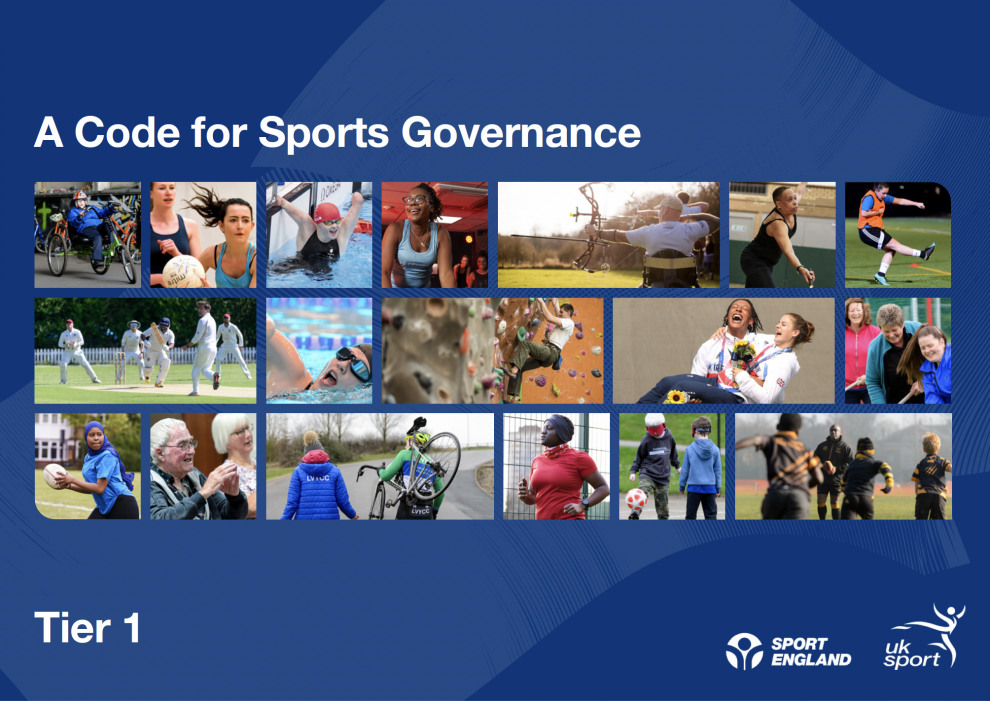Pétanque England’s Board has issued a draft of a proposed new Articles of Association, which basically sets out how the National Governing Body (NGB) will be run.
A Special General Meeting has been called for Saturday 30th August at the Orida Hotel, Oxford Road, Chieveley, West Berks RG20 8XY to consider these new Articles, and if supported by 75% or more of members present in person or by proxy, they will be adopted.
PE’s structure
PE is a Company Limited by Guarantee, a form of company that is routinely used by charities and other voluntary organisations, where members (guarantors) agree to contribute a specific amount of money (a nominal amount like £1) if the company is wound up, rather than owning shares.
This structure limits the liability of PE members to the amount they guarantee (in the proposed Articles it is £10), allowing PE to benefit from limited liability whilst focussing on development of the sport. It’s a better way of running things than an Unincorporated Association (the former model used by the English Pétanque Association) where if things go wrong, debts and liabilities can fall equally on all members.
The position of those that serve as officers of the NGB is also better protected under the Company Limited by Guarantee model, although there is greater administrative and legal compliance with publishing accounts and following other provisions of UK company law.
The proposed reforms
At PE’s last AGM, held in March this year, Board Members indicated that they wanted to change PE’s Articles of Association, and it was suggested that one key reform would be to remove individual members’ rights to vote and instead give these to clubs instead. The issues around that were discussed in P365’s piece on the AGM.
In an email to members dated 6th August 2025, PE President Colin Roper said:
Since March, we have engaged in a wide-ranging dialogue with the great majority of regional presidents as well as with many individual members. The overwhelming consensus is that we should retain the present ‘member-centric’ voting system and seek other ways of generating greater grass roots involvement.
Your board has listened and readily accepted this consensus. So the proposed new Articles retain member voting at their core. They are also fully compliant with Sport England principles.
A closer examination of the proposed Articles does however reveal significant changes to individual members’ rights.
In particular:
- The right to nominate PE Board Directors and vote on their appointment is proposed to be taken away from individual members of PE;
- Nomination of and voting on the five Board Members will instead be vested entirely in the hands of “Voting Group Members”;
- There will no longer be an elected President of PE, appointed by members. The President instead will have a more ‘figurehead’ type role, appointed only by the PE Board on an annual basis and attending Board Meetings in a non-voting capacity;
- The balance of power on the Board is also shifted towards those Board Members who are only appointed by the Board itself (“Independent Members”). With the addition of a new role of Chief Executive (who will have voting rights on the Board), there will be six Board Members appointed by the Board itself and five appointed by the “Voting Group Members”. This will be the first time that Directors appointed by the Board only would constitute a majority.
The explanatory notes provided by the Board suggest that the “Voting Group Members” will be the Regions of PE. The way this will work has not be explained as there are some additional Membership Regulations which although mentioned in the new Articles are not supplied. This would appear to be a significant omission and leaves members in the dark about the precise arrangements.
Questions which arise here are whether each Region has one equal vote regardless of its size of membership or whether its votes are based on its signed-up PE members.
If the former, it would appear iniquitous to give the same power to a small region as a large one. If the latter, power could be concentrated in very few hands and if these Group Members have proxy voting rights (it is assumed that legally they would have to enjoy such rights), it then is possible that one individual could attend the AGM representing the larger regions and appoint Directors.
Removal of individual members’ rights
One of the key criticisms that may be levelled is whether it is a positive move to take away the individual membership rights enshrined in our sport. Taking these rights away, creating a Board Membership where a majority is appointed by the Board and removing a directly elected President would be seen by many to undo the long-established culture of the organisation in a way which does not create any clear benefits or advantages. It runs the risk of creating a feeling of greater disconnect between the Board and PE’s members.
It’s a ‘control’ measure where it looks like power will be much more concentrated in fewer hands.
The key problem as well with these fundamental changes is that they are presented as a ‘take it or leave it’ decision at the Special General Meeting (SGM).
Although there is nothing improper with preventing any amendments to these proposed Articles at the SGM – UK company law allows this to happen – there must be some question around whether a more considered two-stage approach could be considered where the Board could listen to feedback at the SGM and consider further amendments.
The motivation for change is good
There can be no question that the motivation behind putting our governance in better order is absolutely correct, but the main question is whether the details of these proposals are right and in the best interests of PE’s members?
While there is also no reason to doubt that the Board’s assertion that the proposed new Articles would make PE ‘Sport England compliant’, it is also clear from reading Sport England’s “A Code for Sports Governance” that there are no prescriptive forms of Articles which are required.
In fact, there is nothing to suggest that retaining individual members’ rights to nominate PE Board Directors as well as directly electing a President would pose any problems whatsoever in terms with Sport England compliance.
Meeting Sport England’s Code
The Sport England Tier 1 (entry level) compliance could potentially make PE eligible for a one-off grant for a specific project with a fixed end date between £10,000 and £250,000. There can be no argument whatsoever that any funding for our minority sport would be extremely welcome.
As Sport England states in Requirement 1 of the Code, “Structure” references the importance of membership-based organisations being “inclusive and accessible”.
A key introductory point made in the Code is:
Tier 1 of the Code is designed to help you ensure your organisation is well governed. It is therefore important that any changes you make to comply with the Requirements are done in a way that ensures they are appropriate and work for your organisation, as well as allowing you to comply with the Requirement. Changes made in a thoughtful way are more likely to result in your organisation being better governed.
The ancient proverb “Festina lente” (make haste slowly) could well apply here. The thoughtful way suggested by Sport England might be to use the SGM on the 30th August as a sounding board for consideration of further amendments which can then be brought back to the next AGM for final approval. Deferral of a decision either proposed by the Board or by a member from the floor of the meeting is a viable and sensible option in the circumstances.
Ownership of PE by its members is absolutely vital. Weakening that could have negative consequences.
Getting involved in this debate
Detailed observations and questions on the proposed Articles by former PE Vice President and Board Member Martin Hughes have been sent to the PE Board earlier this week. If unable to attend the SGM in person, members can vote by proxy, giving their vote to another PE member who will be attending the SGM.
A 75% majority of members voting in person or by proxy is required to pass the new Articles. As no amendments are permitted, the only way to seek a Board re-think is to vote against the proposals or move a procedural resolution at the SGM for deferral. A simple majority of members present in person or by proxy is required to achieve that.
If you are happy with the changes then you can of course vote in favour.
If you’re a PE member and can’t attend but want your voice to be heard, you can fill out the proxy form. You can vote For or Against the proposed Articles, but if you prefer the deferral option the proxy should be given to a PE member who will vote for deferral and not the Chairman of the meeting who it must be assumed will not support deferral as he will probably be constrained to support the Board’s recommendation for approval. Your proxy must be present at the SGM to cast your vote. The proxy form must be sent to PE by 1pm on Thursday 28thAugust to agm@petanque-england.uk














Add Comment